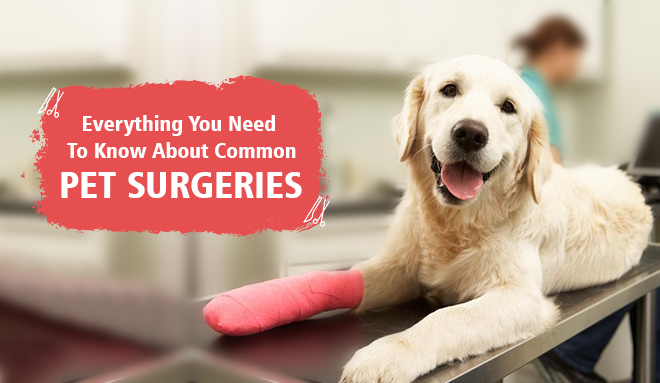Any surgery for your pet, just like any surgery for a human member of your family, can be stressful. Almost all pets will have at least one surgery during their lifetime, ranging from minor surgical procedures to major, life-saving emergencies. At DiscountPetCare, we have come up with the necessary common pet surgeries information that can help you make the best decision for your lovely pet’s health.
Most Common Pet Surgery Procedures
Spaying and neutering is the most common pet surgery for cats and dogs, and it is one that we recommend for all pets. It not only eliminates the possibility of unwanted litters but also eliminates the risk of a wide range of cancers and other health issues in pets. Following spaying and neutering, the below are some of the most common pet emergencies and non-emergency surgeries:
ACL Repair Surgery – Rupture of the anterior cruciate ligament, or ACL, is very common in dogs. Most pets require surgical repair to stabilize the bones and reduce the likelihood of re-injury.
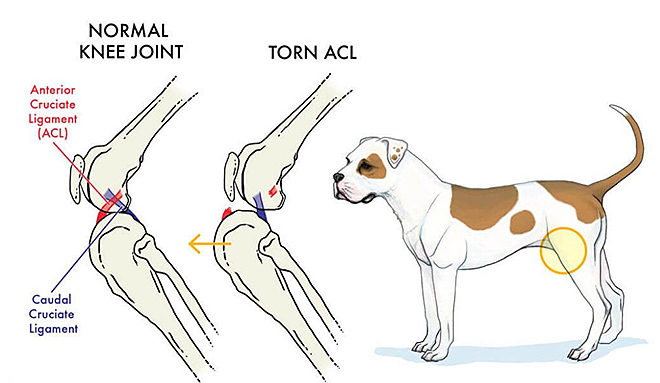
Dental Surgery –The dental health of your pet is inextricably linked to its overall health.Bacteria can spread from infected teeth to the heart, liver, and other organs. Your vet can provide dental cleaning, tooth extraction, and other dental surgical services when needed.
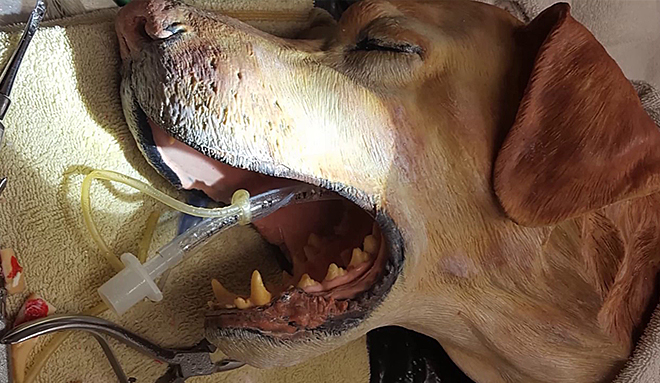
Skin Mass Removal – As cats and dog’s age, they can develop benign masses beneath the skin. We examine each mass for cancer cells, but the vast majority of them are non-cancerous.
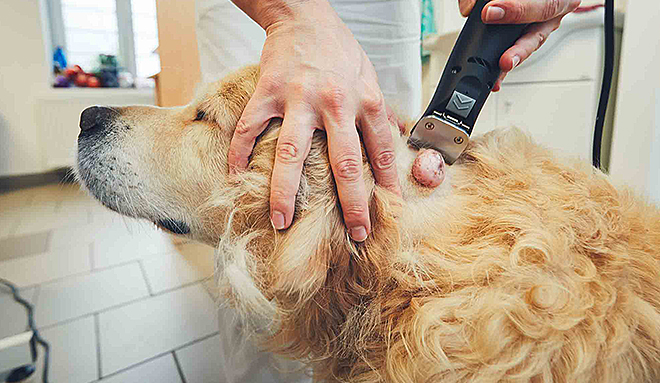
Cancer Surgeries – A variety of common surgeries, including spleen, liver, intestines, and peritoneum, are required for pets.
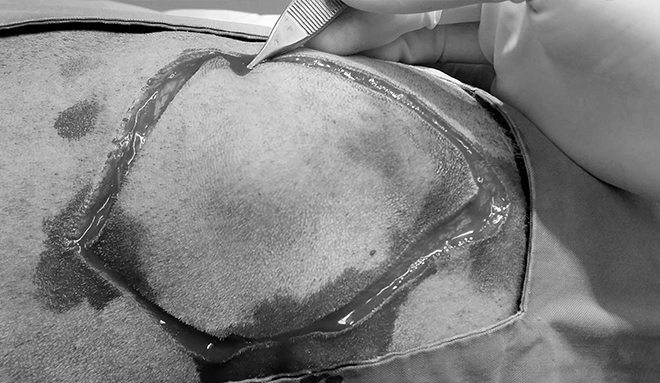
It is important to understand why a surgical procedure is being recommended and to be able to make informed decisions about your pet’s health. When it comes to your dog, canine surgical procedures are divided into two categories: elective procedures and those that are absolutely necessary.
Most Common Elective Dog Surgery Procedures:
- Spaying
- Neutering, or Castration
- Extraction of teeth
- Skin benign tumors
Most Common Urgent Care Surgical Procedures:
- Skin abrasions or abscesses
- An obstruction in the intestine caused by a foreign body
- Internal bruising
- Torn cruciate ligaments or ACL ruptures
- Repair of fractures
- Skin cancers that are malignant
- Urethral blockages/bladder stones
- Carcinoma of the spleen
Majority of Pet Surgeries Are Regarded As Low Risk
Surgery always raises a slew of concerns, ranging from potential complications to the prognosis for recovery. However, because veterinary medicine has advanced to include all modern considerations, the risks of your dog experiencing major complications from most surgeries are extremely low.
Making the Decision for Pet Surgery
The decision to perform surgery is preceded by a discussion with the pet parent about potential complications and all factors to be considered when determining what is best for your pet. Consider the following factors when considering pet surgery:
- Pet’s age and overall health
- Possible post-operative complications
- Possible outcomes if surgery is not performed
- Recovery time and post-operative care
- Rehabilitation/Physical Therapy
Although the decision to have your pet undergo surgery is ultimately yours, the veterinary team will present you with all of the facts and possible outcomes to help you make an informed, ethical, and compassionate decision that is in the best interests of both you and your faithful four-legged companion.

